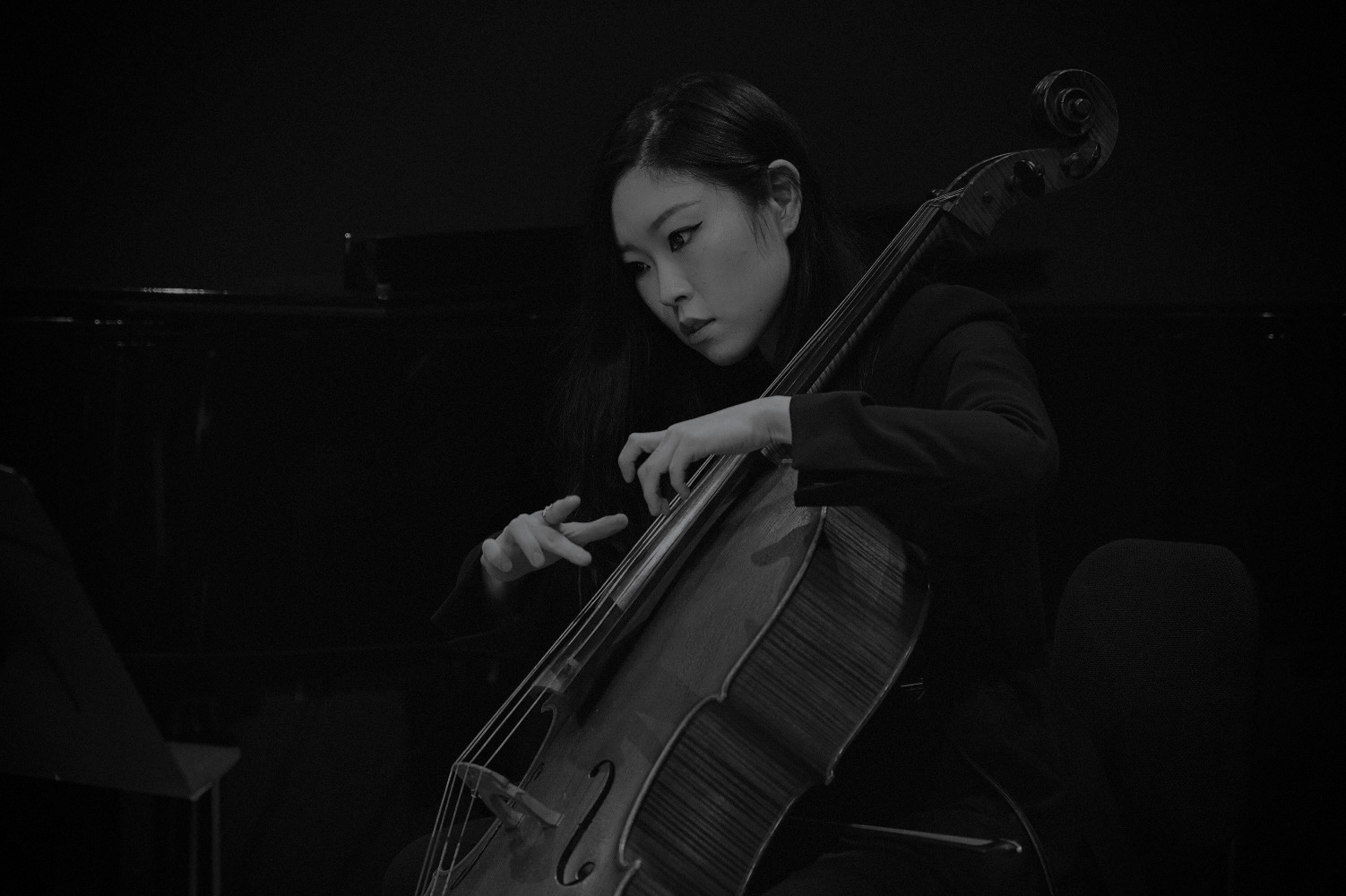We’re excited to introduce you to the always interesting and insightful Clara Cho. We hope you’ll enjoy our conversation with Clara below.
Clara, thanks for joining us, excited to have you contributing your stories and insights. We’d love to hear about a project that you’ve worked on that’s meant a lot to you.
One of the most meaningful projects I’ve worked on has been co-founding Sixth Degree Sextet, a new music ensemble that made its debut performance last May.
Although the six of us graduated from the Manhattan School of Music at different times, we got to know each other through school and outside projects. Over time, we realized that we shared not only similar experiences but also the same passion for music, and a desire to show audiences new possibilities of what a chamber ensemble could be. That common vision inspired us to come together as a sextet.
For me personally, this project carries special meaning as an international student. While I was studying, I often felt like I was sheltered – focused on my cello studies, but unable to imagine what a musician’s life outside of school might look like. After graduation, I quickly had to learn that being a musician is not just about how well I play the cello, but about how I build a career, who I collaborate with, and how I bring music to people in real, sustainable ways.
That’s why forming Sixth Degree Sextet felt like such a turning point. With no external funding, we pooled our own resources, organized every detail ourselves, and within just six weeks brought our first concert to life. Standing on stage with my friends, performing the music we truly wanted to share, was a moment I could not have imagined two years ago. It showed me how much is possible when passion, trust, and collaboration come together, and that’s why this debut is so meaningful to me.
We are also looking ahead to our next project: on November 1st, we’ll be performing at “MISE-EN_PLACE” in New York City. This concert is a collaboration with our dear friend, the brilliant composer-performer Foo Jeng Wong, and I’m especially excited that we will be premiering his new sextet work. Preparing for this performance has been another reminder of why I value this ensemble so deeply, the chance to create and share new music together with both colleagues and friends.
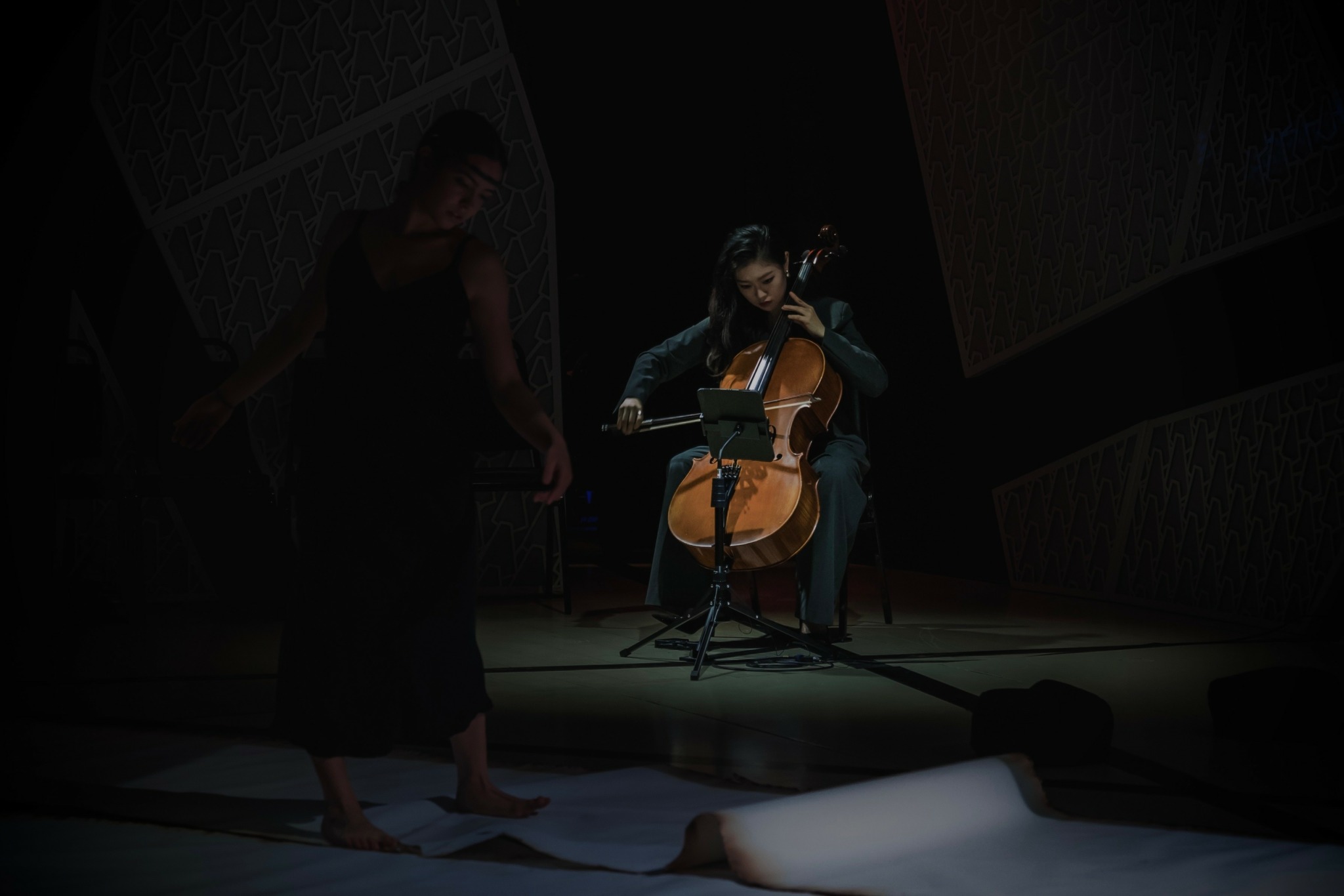
Clara, love having you share your insights with us. Before we ask you more questions, maybe you can take a moment to introduce yourself to our readers who might have missed our earlier conversations?
I’m Clara Cho, a South Korean cellist based in New York City. For me, the cello is more than an instrument. It’s a medium through which I can explore different artistic worlds and share my own sensibilities with others. My work spans not only classical and contemporary music, but also collaborations with jazz musicians, choreographers, visual artists, and even fashion designers.
I actually started playing the cello quite late, around age 15. At that time, I had no experience with or even much interest in contemporary music. But at 19 I moved to New York to study at the Manhattan School of Music, and during my sophomore year I had the chance to learn George Crumb’s Sonata for Solo Cello for my Carnegie Hall debut. It was the very first contemporary work I had ever studied, and the experience of learning it and performing it on that stage was a turning point for me. It showed me that music could be not just about tradition, but about discovery, imagination, and conversation, and it sparked a lifelong passion for exploring new sounds.
Since then, I’ve been committed to working with living composers and premiering new works, while also being a part of ensembles like Sixth Degree Sextet, COPE Collective, and Noise Catalogue. At the same time, I’ve sought out collaborations across disciplines – performing with choreographers, contributing to visual art exhibitions, and working on sound design for fashion projects. I also cross into jazz, performing and recording with artists like Samuel Torres, Christian X. M. McGhee, Nicola Caminiti, Emmanuel Michael, and Jahari Stampley, which has expanded my sense of freedom.
What I’m most proud of is that my work reflects this spirit of collaboration and openness. I want audiences and collaborators to know that I see music as part of a larger artistic dialogue, one that invites people to experience sound, movement, and visuals together. My goal is not just to play the cello beautifully, but to create moments that spark curiosity, connection, and a sense of possibility!
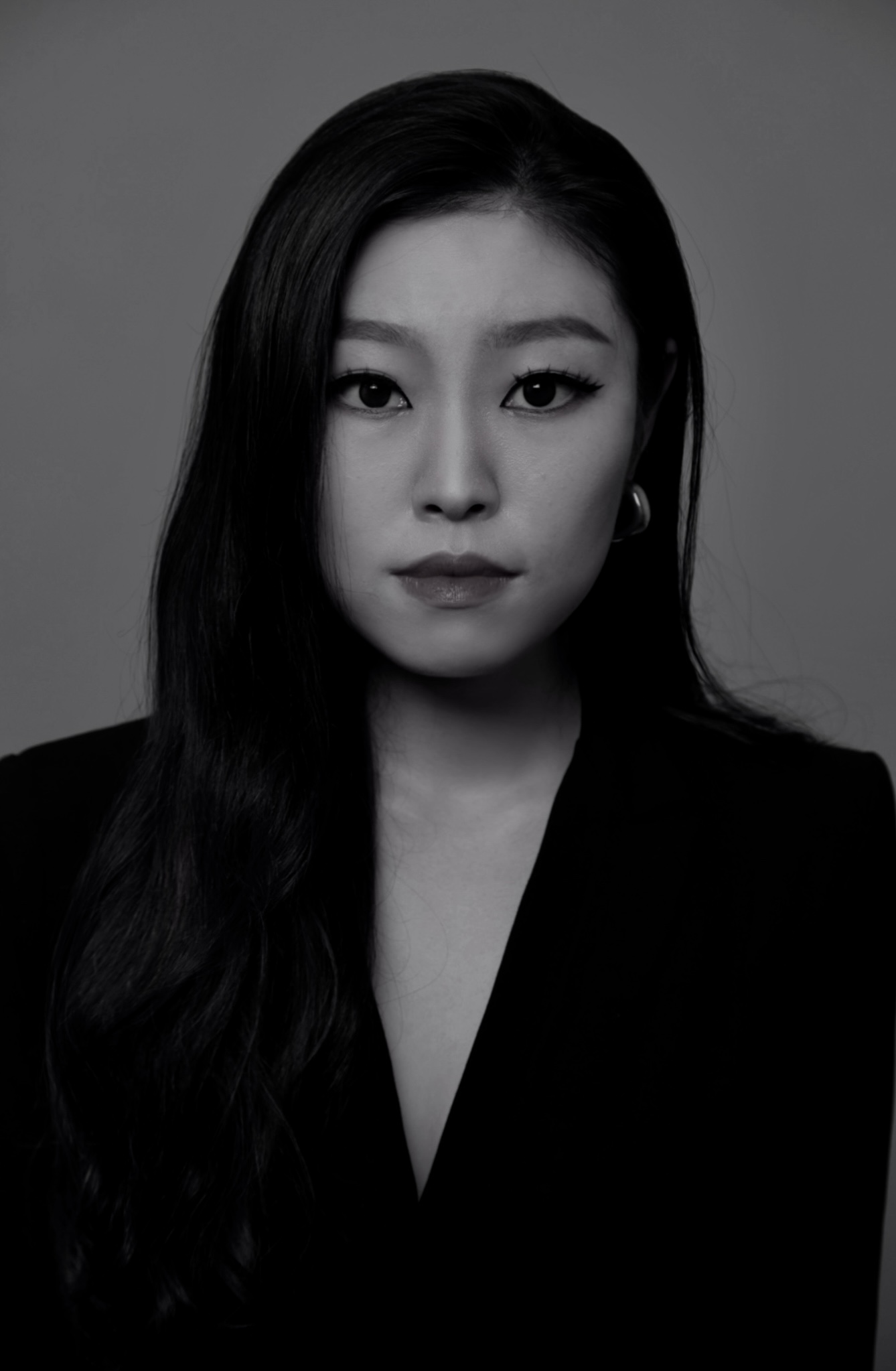
Let’s talk about resilience next – do you have a story you can share with us?
Like I mentioned in my answer to the previous question, my journey as a cellist has been shaped by many challenges. I started cello relatively late, around age 15, almost 16, and when I moved to the U.S. at 19 to study at the Manhattan School of Music, it wasn’t just about learning music. I had to adapt to a completely new culture and language, make friends, manage my studies, and navigate life far away from home. Every day felt like survival, I often say that I didn’t just spend a day, I survived a day.
I often felt behind compared to my peers, and at times extremely isolated. But these circumstances taught me resilience. I knew deep down how much I wanted to keep pursuing music, and that passion pushed me to constantly ask myself why I was playing the cello and what kind of musician and artist I wanted to become. Over time, this reflection helped me build a clearer sense of my artistic identity.
Even through my master’s program, I spent most days focused on schoolwork and practicing cello. I was just trying to keep up. During my final year, while pursuing my Professional Studies Certificate, I realized that I realized I’d be done from school within a year. I needed to start thinking beyond the repertoire in front of me. How would I survive as a musician? What kind of artist did I want to be? What concrete steps could I take to move closer to that vision?
That resilience – forged through late starts, cultural adaptation, and the pressure of building a musical life far from home, ultimately led me to collaborate with peers, co-found ensembles like Sixth Degree Sextet, and take part in interdisciplinary projects that reflect who I am as an artist today.
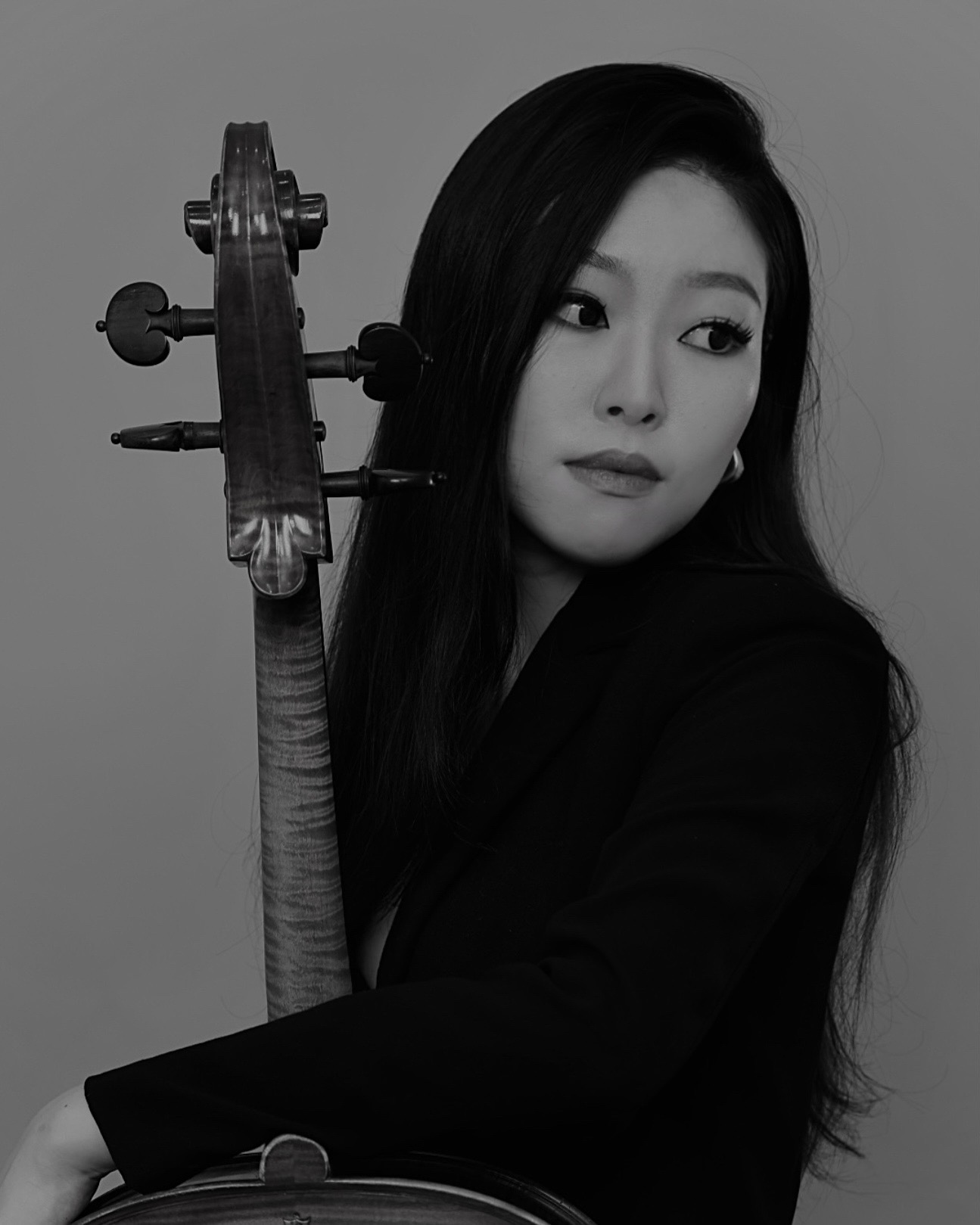
Is there mission driving your creative journey?
Even before I started playing the cello, I used to learn hip-hop dance from a young age. I loved expressing myself and my emotions through movement, it often felt easier than putting feelings into words. When I discovered the cello, I began thinking about how I could bring that same sense of physicality and emotion into my playing. How could I let the cello convey the feelings I experience? How could I embody a piece, not just play it?
That curiosity and drive have shaped my mission today: to create experiences that transcend traditional boundaries of music and art. I aim to explore collaborations across genres and across disciplines, including dance, visual art, and fashion. At the same time, I want to develop and share my own artistic voice, not just performing music, but communicating the way I perceive and feel the world through sound. My goal is to give audiences new ways to experience and feel art, making each performance immersive and meaningful.
Contact Info:
- Instagram: https://www.instagram.com/clarxclxra/

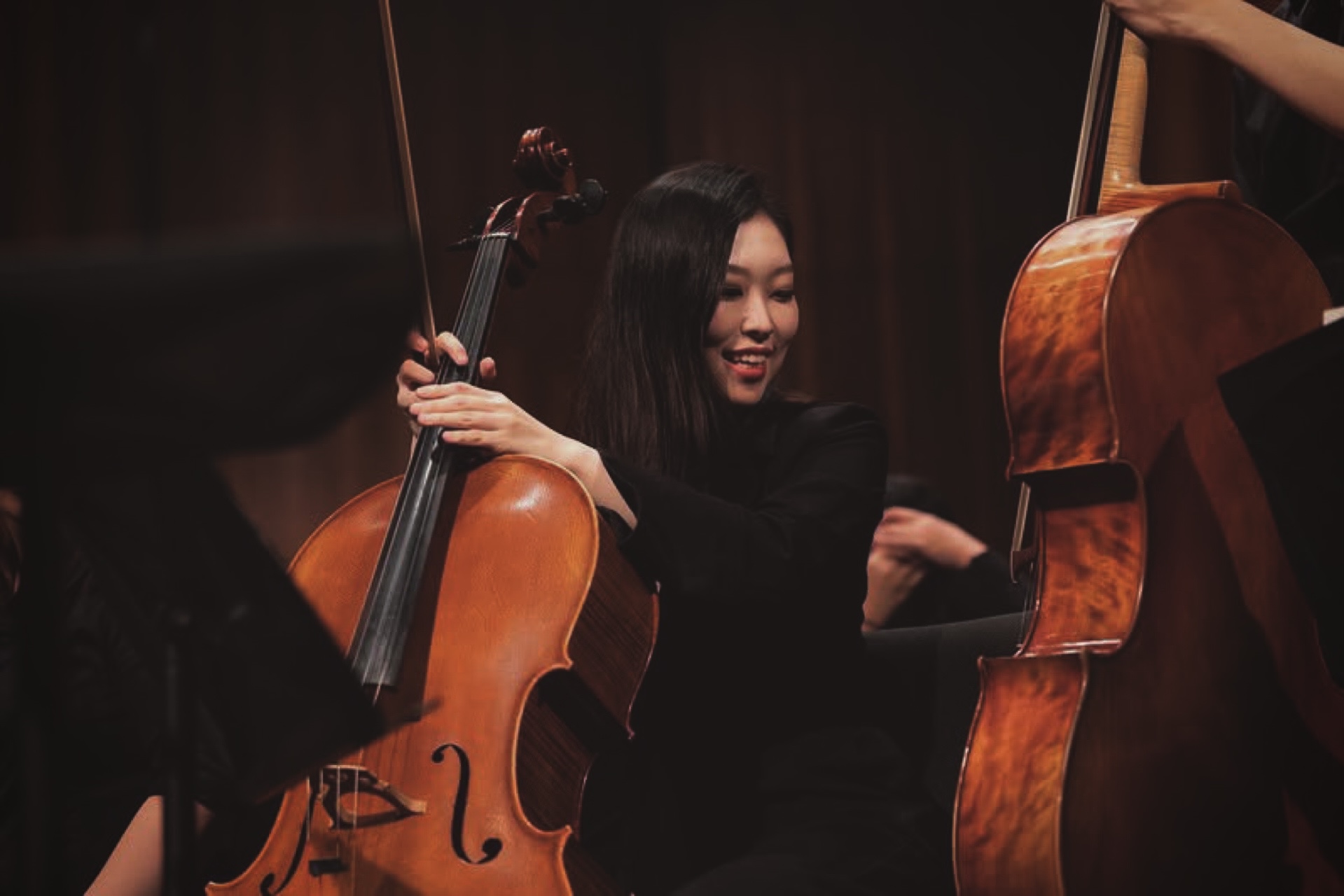
Image Credits
Photo 1 (with choreographer): Photo by Jill Steinberg
Photo 5: Photo by Anna Yatskevich


